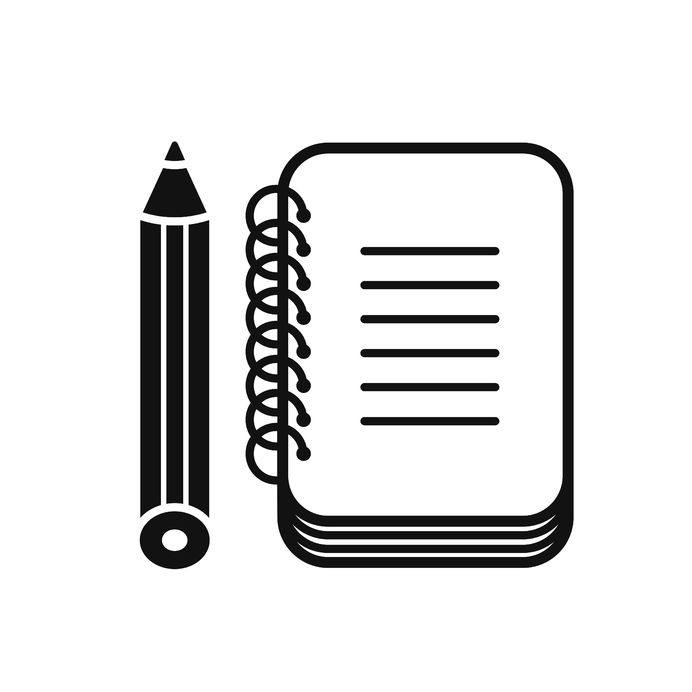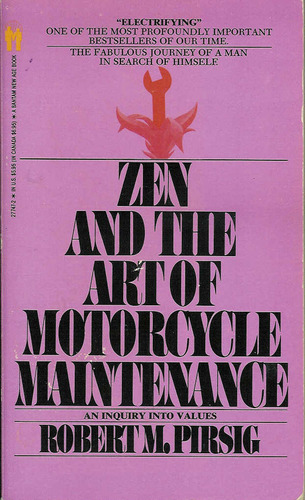In new situations, keep a journal of your experiences. This helps you organize your thoughts and remember observations clearly. When exploring, keep a log. This strategy is useful if you are starting a new job, a new project, forming a startup or launching a new product in an unfamiliar market.
New Situations Are Memorable
“Live as long as you may, the first twenty years are the longest half of your life. They appear so while they are passing; they seem to have been so when we look back on them; and they take up more room in our memory than all the years that succeed them.”
Robert Southey (1774-1843)
I was talking to my younger son recently about music and how the songs I heard when I was in my teens and early twenties pack much more of an emotional resonance than music I heard later in life. And I can often remember the first time I heard the song because other events are directly associated with it, if they themselves are not significant. I am not alone in having a “reminiscence bump.”
“Autobiographical memories are not distributed equally across the life span; instead, memories peak between ages 10 and 30. This reminiscence bump has been suggested to support the emergence of a stable and enduring self. […] We argue that, when a new self-image is formed, it is associated with the encoding of memories that are relevant to that self and that remain highly accessible to the rememberer later in life.”
Clare J. Rathbone, Chris J. A. Moulin, Martin A. Conway in “Self-centered memories: The reminiscence bump and the self“
When Exploring, Keep a Log
 Navigating a new situation can be a bewildering experience. Much like exploring a maze, many of the choices you make don’t seem to lead anywhere and you can quickly become lost. This is how I remember my first few weeks of high school and college: lost. The ongoing effect of trying to understand the schedule, navigate the campus, make new friends, understand each teacher’s expectations, and plan for the quarter was to feel lost most of the time.
Navigating a new situation can be a bewildering experience. Much like exploring a maze, many of the choices you make don’t seem to lead anywhere and you can quickly become lost. This is how I remember my first few weeks of high school and college: lost. The ongoing effect of trying to understand the schedule, navigate the campus, make new friends, understand each teacher’s expectations, and plan for the quarter was to feel lost most of the time.
I felt this way starting a new job until I went to Cisco in my early 30s. I can remember sitting down the week before I started to make a list of what I had learned from all of my previous jobs about my own strengths and weaknesses and what I had done to get oriented.
Keeping a list your observations and what you tried and what happened allows you to tinker with your approach until you can determine the formal and informal rules of the situation you now find yourself in. Half of the problem can be unlearning what no longer works, which in some ways is much harder. A log helps you to uncover and make explicit your unconscious assumptions and habitual responses so that you can subject them to further review.
“I have lived in this world just long enough to look carefully the second time into things that I am most certain of the first time.”
Josh Billings
Ariadne’s Thread: Find Your Way Back to the Start
Don’t rely on your memory in a novel situation too many details will remain salient and it will be hard to see the forest for the trees. Keeping a log is the secret to answering the question “How did this go wrong?” as well as “How did that work so well?” And just Ariadne’s thread allowed Theseus to navigate the Labyrinth without getting lost, a log will allow you to backtrack your path through the complex of a new situation.
“Effective exploration requires effective record keeping.”
Buckminster Fuller in “Critical Path” [Archive.org]
 Robert Pirsig on Keeping a Notebook
Robert Pirsig on Keeping a Notebook
“The logical statements entered into the notebook are broken down into six categories: (1) statement of the problem, (2) hypotheses as to the cause of the problem, (3) experiments designed to test each hypothesis, (4) predicted results of the experiments, (5) observed results of the experiments and (6) conclusions from the results of the experiments.”
Robert Pirsig in “Zen and the Art of Motorcycle Maintenance“
This is an approach focused on the active debugging process and would offer a way to organize observations and begin a problem solving effort
Related Blog Posts
- Buying a Map vs. Learning To Explore
- Organizing Your Experiment Blog
- Five Questions to Ask Yourself Twice a Year
- J. W. King on The Unwritten Laws of Business
- If You Are Cycling Through Chaos, Keep Pedaling
- Write Down Key Commitments And Questions That Need Answers
- How to Tell When Your Team Has a Workable Plan of Action
- Brad Pierce “Why does time fly by faster with each passing year?“
“Notebook” image licensed; © BlueBright


Pingback: SKMurphy, Inc. Good and Bad Reasons to Pivot - SKMurphy, Inc.
Pingback: SKMurphy, Inc. Buying a Map vs. Learning to Explore - SKMurphy, Inc.
Pingback: SKMurphy, Inc. Organizing Your Experiment Log - SKMurphy, Inc.
Pingback: SKMurphy, Inc. Quotes For Entrepreneurs-September 2015 - SKMurphy, Inc.
Pingback: SKMurphy, Inc. Quotes For Entrepreneurs-October 2013 - SKMurphy, Inc.
Pingback: SKMurphy, Inc. Quotes For Entrepreneurs-October 2015 - SKMurphy, Inc.
Pingback: Entrepreneurs Need Gumption To Succeed - SKMurphy, Inc.